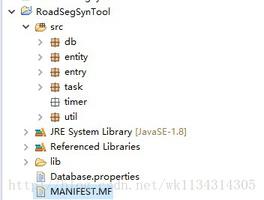我们如何在Java中创建自定义异常?
有时需要根据应用程序需求开发有意义的异常。我们可以通过扩展Java中的Exception类来创建自己的异常
Java中用户定义的异常也称为自定义异常。
使用示例创建自定义异常的步骤
CustomException类是自定义异常类,该类是Exception类的扩展。
创建一个本地变量消息以将异常消息本地存储在类对象中。
我们正在将字符串参数传递给自定义异常对象的构造函数。构造函数将参数字符串设置为私有字符串消息。
toString()方法用于打印出异常消息。
我们只是在main方法中使用一个try-catch块抛出一个CustomException,并观察在创建自定义异常时如何传递字符串。在catch块内部,我们正在打印消息。
示例
class CustomException extends Exception { String message;
CustomException(String str) {
message = str;
}
public String toString() {
return ("Custom Exception Occurred : " + message);
}
}
public class MainException {
public static void main(String args[]) {
try {
throw new CustomException("This is a custom message");
} catch(CustomException e) {
System.out.println(e);
}
}
}
输出结果
Custom Exception Occurred : This is a custom message
以上是 我们如何在Java中创建自定义异常? 的全部内容, 来源链接: utcz.com/z/338268.html









